PNNL team develops new low-cost method to convert captured CO2 to methane
Green Car Congress
SEPTEMBER 3, 2021
Methane derived from CO 2 and renewable H 2 sources is an attractive fuel, and it has great potential as a renewable hydrogen carrier as an environmentally responsible carbon capture and utilization approach. The authors’ assessment identified further cost savings, in that CO 2 captured by EEMPA can be converted to methane on site.






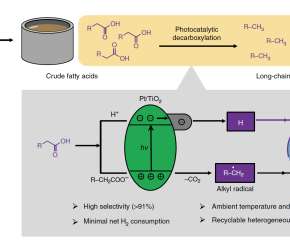








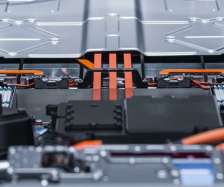
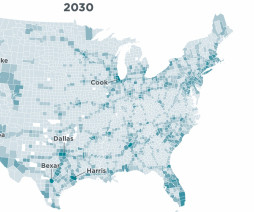

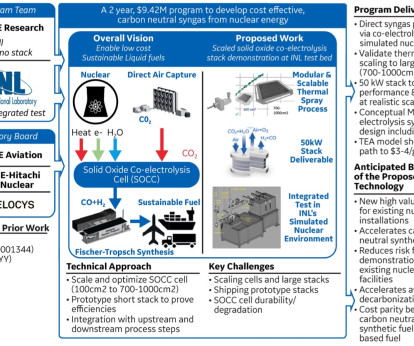










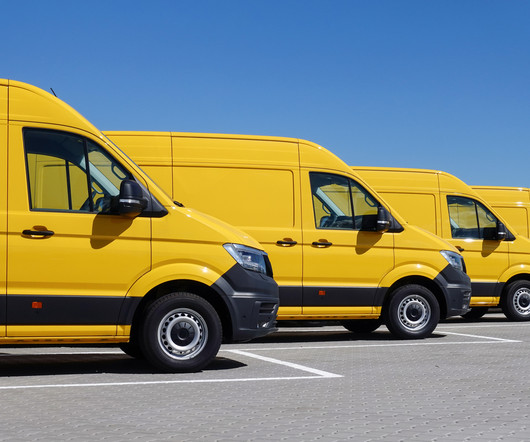
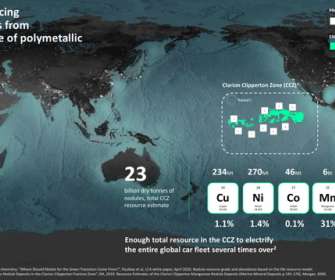

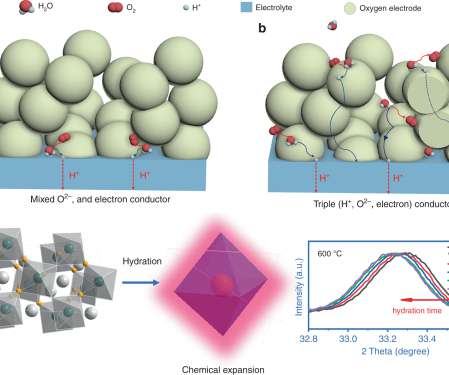
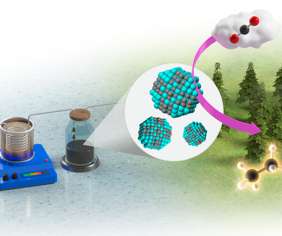






Let's personalize your content